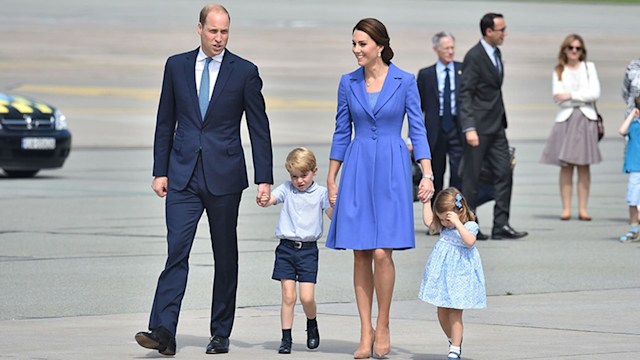A US organisation received a huge amount of backlash after it published an open letter asking Prince William and Kate not to have another child. San Francisco-based company Having Kids, which promotes smaller families, urged the royals to "consider forgoing having a third child", citing environmental reasons like climate change, economic equality and the distribution of resources.
Unsurprisingly, Having Kids received a fair amount of criticism from royal fans and members of the public, who said they have no right to meddle in the royals' affairs. The company's executive director Anne Green has since responded, explaining why they wrote to the royals and defending their original argument that William and Kate should adopt the Fair Start family planning model – where families forgo having another child and instead give less-privileged children a fairer start in life.
The Duchess recently revealed she wants another baby
Kate says she would like another baby
Having Kids said the future King and his wife have the power and influence – as respected public figures – to "break the taboo" and "set a new and crucial trend of public family planning". They said: "We need publicly influential people to break the taboo, step forward and say 'I gave my kid a great start in life and tried to protect their future and environment. For my own and your kids' benefit, I want to help you do the same.'"
A US company said the couple should "forgo" having another child
They continued: "That is what our letter asked them to consider. It's not about altruism or charity. It's about working together to help the actual people who will comprise the future, our future. Many in the past have given their lives to protect this world from various threats. The least we can do is plan our families in a responsible and sustainable manner."
The company also refuted the argument that non-British companies, such as themselves, shouldn't be interfering with the British royal family's affairs. They argued that climate change is a "global" problem which does not recognise borders. "It's cognitive dissonance to say that choices which so profoundly affect our world are none of our business," they concluded.
